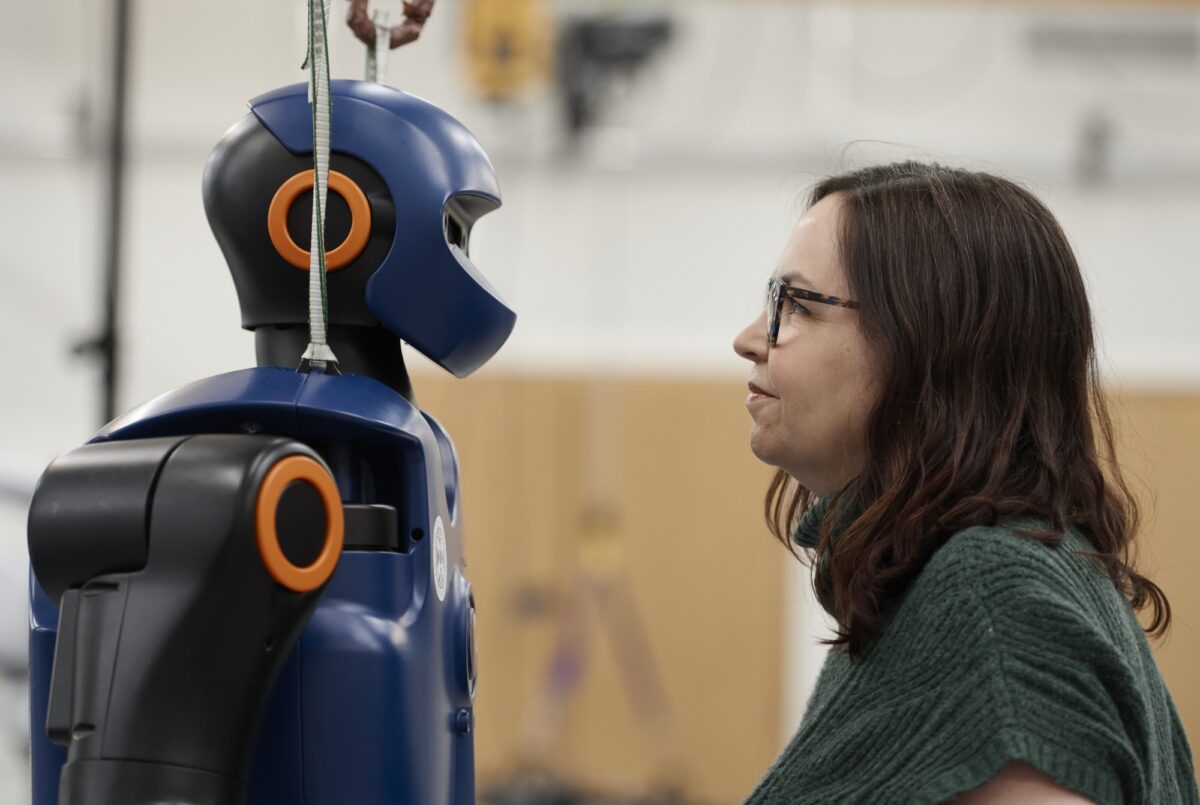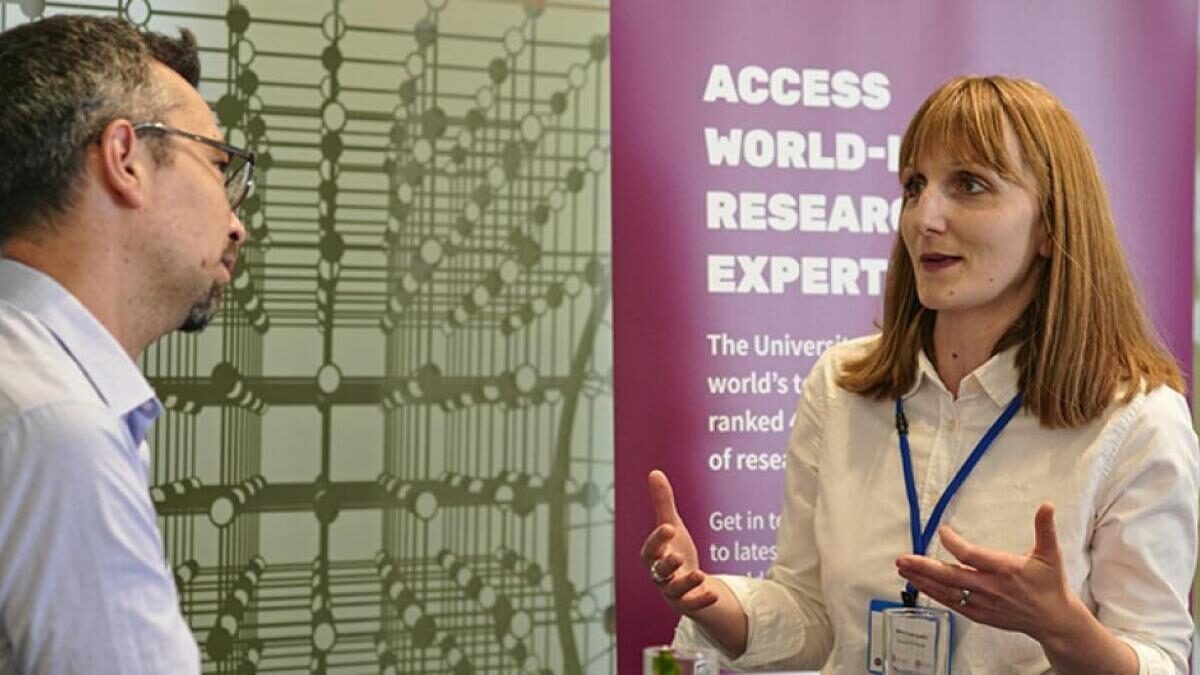
The University of Edinburgh has launched a new route to career development for academics wishing to focus on commercialisation and engagement with industry.
The University’s new Innovation Career Pathway elevates innovation alongside traditional research metrics such as research output and teaching contributions. The Pathway includes a new UK-first Competency Framework that sets out the skills, knowledge and behaviours required to support advancement.
The new Innovation Competency Framework comprises ten competencies that span the entire range of innovation capability levels, with three underpinning principles: Equality, Diversity & Inclusion, Responsible innovation and Entrepreneurial mindset.
The Innovation Career Path was a commitment in the University’s
recent Research and Innovation Strategy 2030 and will ensure that all
researchers have comprehensive access to developing their
entrepreneurial and commercialisation skills, and that they are
recognised for commercialising their research or working with industry.
The move is an important step in continuing to grow an innovative and
entrepreneurial culture at the University, where research and innovation
are equally supported.
Central to the Innovation Pathway is a new Innovation Careers Hub, which provides 20 learning and development opportunities, information for hiring managers and detail about Innovation Fellowships and current Fellows, who are given the time, resources, and support necessary to develop and implement groundbreaking ideas.

Professor Christina Boswell, Vice-Principal Research and Enterprise at the University of Edinburgh, said:
Innovation is one of the University’s most important routes to maximising economic and social impact.
The more our ideas get taken up through commercialisation and industry engagement, the more benefit we bring to society, in new therapeutics for patients, renewable energy technologies or responsible AI, for example. The Innovation Career Pathway demonstrates the importance our University places on innovation – and that this strand of activity belongs squarely in the scope of an academic career, alongside teaching, research, and leadership.”
An independent economic impact report in 2023 found that every £1 spent by the University produced £6.90 in economic benefit across the UK, amounting to £7.52 billion per year for the UK economy. It also found that the University of Edinburgh supports more than 32,760 jobs across the UK.
In September, the University announced that, as part of the Edinburgh and South-East Scotland City Region Deal, it had supported 500 businesses to secure more than £200 million of investments – four times the initial target – over half of which were registered within the city region area.
Professor Boswell continued: “The Innovation Career Pathway (ICP) enables a key aim of the University’s Research and Innovation Strategy launched last year: to double the number of innovation-active academics by 2030. We’re offering diverse career pathways so that those who want to focus on commercialisation and industry partnerships can do so, supported by the whole University.”
Professor Neil Carragher discovered a drug candidate for hard-to-treat cancers that is now being developed by a pharmaceutical company, and co-founded spinout Pheno Therapeutics, which identifies novel treatments for MS patients. He said:
Universities have traditionally viewed pure research and teaching as their core missions, which, of course, they still are, but for a research discovery to actually improve lives, it needs to leave the lab. That’s when working with industry to develop a drug, or getting investment into a company that has groundbreaking technology, comes in.
For budding academic innovators and entrepreneurs, the ICP will be a huge resource and support.”
Dr Andrea Taylor, CEO of Edinburgh Innovations, the University of Edinburgh’s commercialisation service, said:
Backing our spinouts – academic-launched companies built around ground-breaking, novel technologies – requires funding, training and, most of all, an entrepreneurial culture. This pioneering approach is a key part of what we need to turn the dial on innovation and unlock economic growth in the UK.”
Innovation Careers Hub (University login only)
The University’s Research and Innovation Strategy 2030
Be inspired - profiles of researchers unlocking innovation at the University

The new UK-first Competency Framework sets out and defines the skills, knowledge, and behaviours that researchers need to pursue an innovation career path. It comprises ten competencies that span the entire range of innovation capability levels, with three underpinning principles: Equality, Diversity & Inclusion, Responsible innovation and Entrepreneurial mindset.


